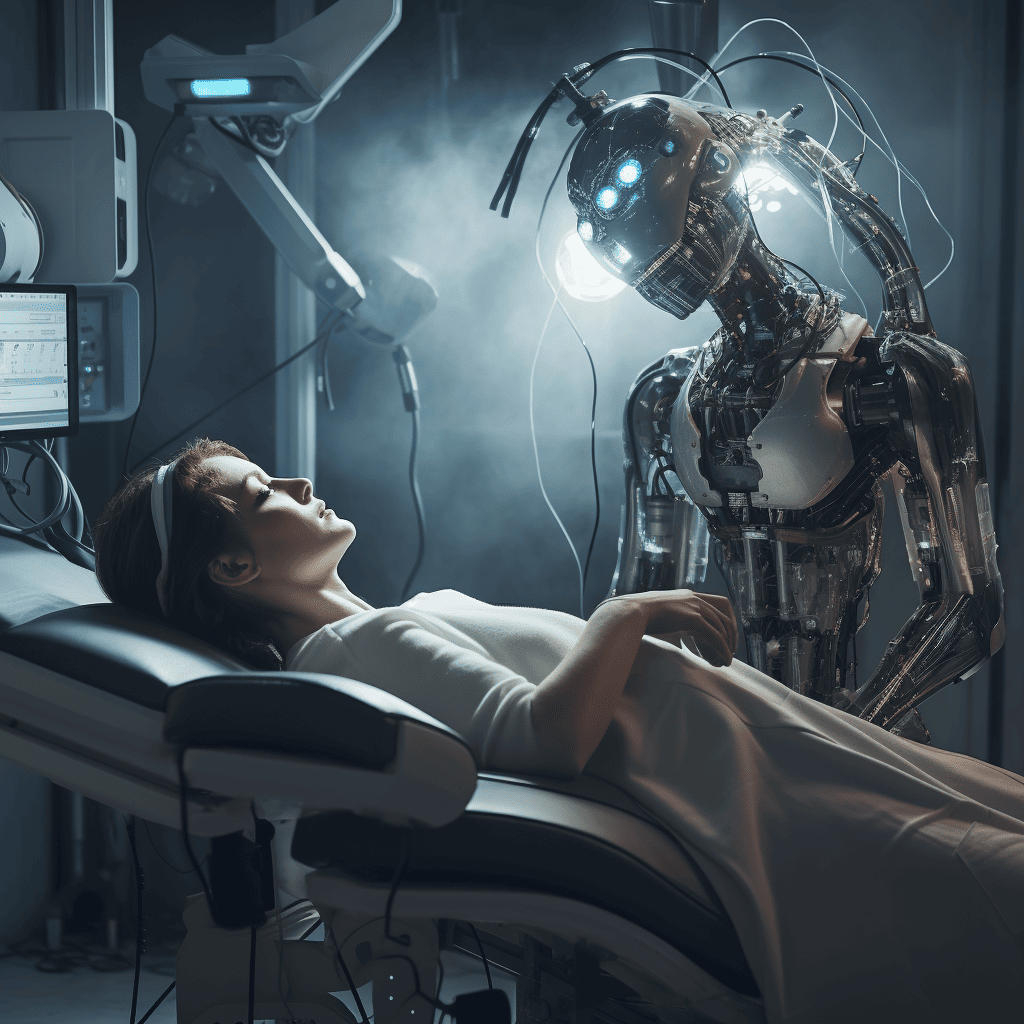The perfect marriage, in a technical sense, was the relationship between the computer and artificial intelligence (AI) which began in the 1940s and 1950s.
Like the best human marriages, it got better and better with time – and in the case of AI dramatically so in the last few years.
Early futurists such as William Schwartz forecast in 1970 in the New England Journal of Medicine that AI might “largely replace the intellectual functions of the physician.”
Now more than 50 years later, Schwartz’s claim might just come true, given the combination of powerful modern computers, self-learning computer algorithms, the ability to search an internet’s worth of data and incorporating language algorithms to make it easy to communicate back and forth with the computer.
It is this combination that makes Schwartz’s speculation look more like the near future for medicine.
The New England Medical Journal, one of several top-notch publications thought so too: it recently launched a series of articles on the impact of AI on medicine as well as a new journal that links AI and medicine given the avalanche of studies from Microsoft, Google and other players.
Their achievements threaten to upend current health care practices, improve diagnostic accuracy and even help surgeons in the operating room, not so much with the knife but with on-going decision-making.
For me, much the most interesting changes with AI are in the physician-patient relationship – and in my opinion for the better.
No physician is so clever these days that he or she can keep up to date with all that’s happening in medicine. That problem only gets worse with advances in medicine.
All that is coupled with the erosion of the relationship between physician and patient in the years before COVID, during the pandemic and since then as the relationship of trust and familiarity changed to hurried visits or worse, Zoom visits became the norm.
Here AI can help.
At the lowest level, AI acts as an assistant. It listens to the conversation between the patient and physician and provides a neat, well-organized voice and text summary at the end.
This means that physicians don’t have to dictate a note, only edit the AI note as necessary – somewhat like having a really good assistant beside you in the room. It could also make the necessary referrals and track them.
From what I’ve seen of examples in the Journal, AI can do a great job at this level now.
In the next level up, AI does significantly more. Afterall, it has access to all the patient’s medical records and to a wealth of online information about almost every health condition, often from the best sources.
AI is thus qualified to prompt the physician to make more inquiries where warranted, summarize the patient’s condition in the light of what is currently known and make sensible recommendations much as if a bevy of savvy physicians and other health care providers might make if they were in the room.
Then there’s the possibility of AI operating autonomously, without a physician in the room. Clearly this will be possible in the near future. Granted, AI can’t do physical examinations but is well-equipped to make use of that information should it be provided, perhaps better than most physicians do now.
Indeed, many physicians seem reluctant to examine their patients these days or some never learned how.
AI is as good or better than physicians at reading skin lesions, X-rays, CT scans and MRIs. That’s no surprise given that it learned on many more images than any skilled physician could in a lifetime.
And when it misses something, AI learns and remembers better than most physicians.
It also does an excellent job of reading electrocardiograms, ultrasound tests and more.
What has spectacularly changed in the last few years is the ability of AI to analyze complex data by making use of information from the internet and other sources to the point where, in certain cases, it rivals and exceeds the diagnostic and management skills of most physicians.
Though not so much surgeons – yet.
Many physicians are worried as well as are professionals in other fields such as law, but worry won’t help. What will help is working with AI to provide better, faster care than is currently available.
And remember, AI never sleeps, never takes time off and could extend the expertise of schools like U of T or McMaster or Harvard to underserved communities in cities, towns and rural areas.
AI is here to stay, worrying though it may be for some.
Dr. William Brown is a professor of neurology at McMaster University and co-founder of the InfoHealth series at the Niagara-on-the-Lake Public Library.








